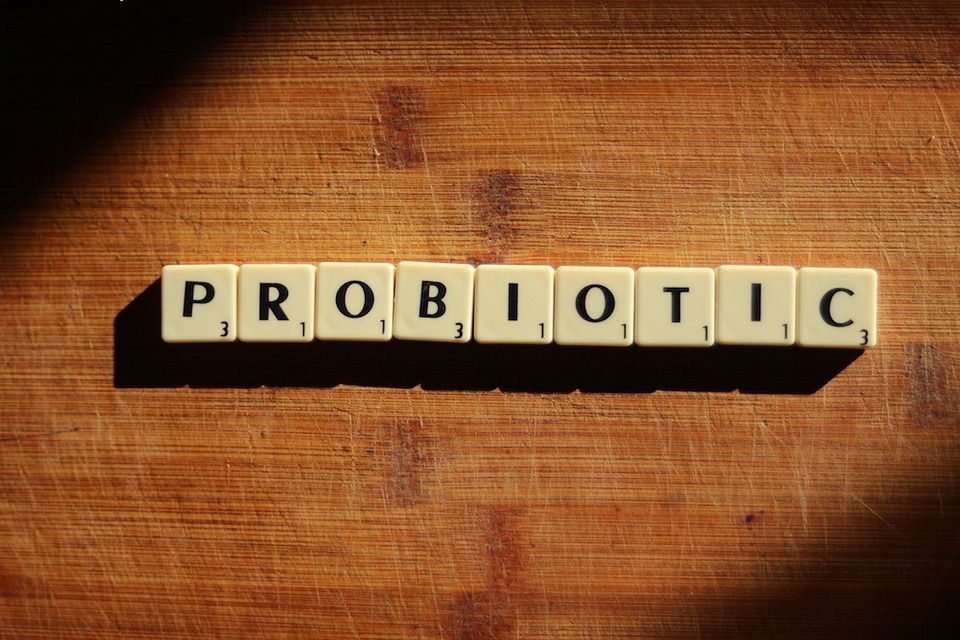The health of your gut can have a significant impact on your overall well-being, including your mental health. There is a growing body of evidence to suggest that the gut-brain axis, or the communication pathway between your gut and brain, plays a crucial role in regulating mood and mental health. In this article, we’ll explore the relationship between probiotics and mental health, and how probiotics can be used to support a healthy gut and a balanced mood.
How Does the Gut-Brain Axis Work?
The gut-brain axis is a complex communication pathway that involves the nervous system, immune system, and gut microbiome. The gut microbiome is a collection of trillions of microorganisms, including bacteria, viruses, and fungi, that live in your gut. This microbiome is thought to play a crucial role in regulating mood and mental health.
The gut-brain axis works by sending signals between your gut and brain. When your gut is healthy, it produces neurotransmitters and other chemicals that affect your mood and mental health. Conversely, when your gut is unhealthy, it can lead to imbalances in these chemicals, which can contribute to mood disorders such as depression and anxiety.
What Are Probiotics?
Probiotics are live microorganisms that are beneficial for your health, particularly for your digestive system. They can naturally occur in your body or be found in certain foods and supplements. The most common probiotic strains include Lactobacillus and Bifidobacterium.
Probiotics work by colonizing your gut with beneficial bacteria. These bacteria help to regulate your gut microbiome by crowding out harmful bacteria and promoting the growth of beneficial ones. This helps to maintain a healthy balance of bacteria in your gut, which is essential for optimal digestion, nutrient absorption, and immune function.
How Do Probiotics Affect Mental Health?
There is growing evidence to suggest that probiotics can play a role in improving mental health. Here are some of the ways that probiotics can affect mental health:
1. Regulating Neurotransmitters
Probiotics can help to regulate neurotransmitters, which are chemicals that transmit signals between nerve cells in the brain. Neurotransmitters, such as serotonin and dopamine, play a crucial role in regulating mood and mental health. Probiotics can help to produce and regulate the production of these neurotransmitters, leading to improved mood and mental health.
2. Reducing Inflammation
Probiotics can help to reduce inflammation in the gut, which is a common underlying factor in many chronic diseases, including mental health disorders. Chronic inflammation can lead to imbalances in neurotransmitters, which can contribute to mood disorders. Probiotics can help to reduce inflammation by promoting a healthy gut microbiome and reducing the production of pro-inflammatory compounds.
3. Improving Gut Permeability
Probiotics can help to improve gut permeability, which is the ability of the gut lining to allow nutrients to be absorbed into the bloodstream while keeping harmful substances out. When the gut lining is compromised, it can lead to the leakage of harmful substances into the bloodstream, which can trigger an immune response and contribute to inflammation and mood disorders. Probiotics can help to improve gut permeability by promoting the growth of beneficial bacteria in the gut.
4. Alleviating Stress
Probiotics can help to alleviate stress, which is a common contributing factor to mood disorders. Stress can lead to imbalances in neurotransmitters and inflammation in the body. Probiotics can help to alleviate stress by regulating neurotransmitters and reducing inflammation in the gut.
How to Incorporate Probiotics into Your Diet
Incorporating probiotic-rich foods and supplements into your diet is an easy and delicious way to support mental health. Here are some of the best probiotic-rich foods to add to your diet:
- Yogurt
- Kefir
- Kimchi
- Sauerkraut
- Miso
- Tempeh
- Kombucha
- Kvass
- Pickles
- Natto
Probiotic supplements are also available, but it is important to choose a high-quality product from a reputable company.
Final Thoughts
The gut-brain axis plays a crucial role in regulating mood and mental health, and probiotics can play a role in supporting a healthy gut and balanced mood. Probiotics can help to regulate neurotransmitters, reduce inflammation, improve gut permeability, and alleviate stress. By incorporating probiotic-rich foods and supplements into your diet, you can support mental health and overall well-being. However, as with any supplement, it is important to consult with your healthcare provider before taking probiotic supplements, particularly if you have any underlying health conditions or are taking any medications.






